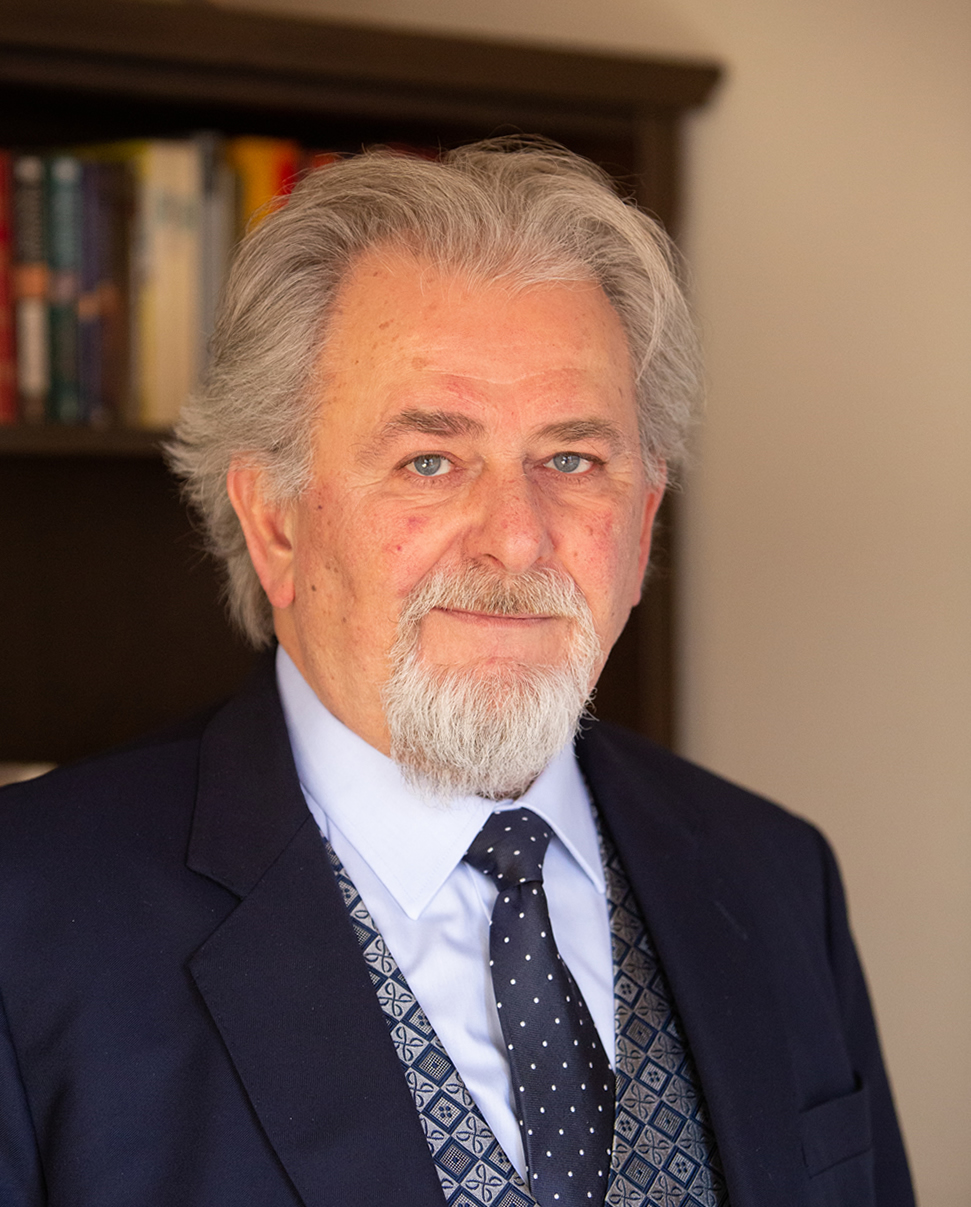
In this journey we will need a compass and a meter, the first to try to maintain a direction recognizable in order to arrive in port, the second to succeed, as much as possible, to distinguish, to account for any of our steps, any of the conclusions, assumptions and conjectures that we can formulate.
Meter and Compass, out of the metaphor, are made up of some premises, which are posed, as all the premises, also as rules of the game, as in some measure axioms, enunciated that cannot be deduced, in the end not very far from the articles of faith.
Each of the premises that I present can be argued, enriched, articulated in many directions: this cannot change the fact that they cannot be demonstrated, not in the usual sense of the logical-mathematical demonstration.
We do not have time, here, nor space, we will have to settle for little more than just statements.
1st - We have only the human standpoint. As hard as we try, however daring our assumptions and conjectures may be, none of us can undo this limitation, change this condition.
2nd - For us humans, reality (whatever we mean by reality) is movement, action, in a very specific sense: it is life-saving action, at least tentatively, action aimed at protecting the survival of the species
3rd - Survival is the profound meaning and the Aim of any human action
4th - Every human being is a system, made up of systems. Here and for us System means a relatively stable configuration of inter-related elements. Necessarily, each system interacts with its own specific environment, which in turn is constituted as a system.
5th - The distinctive property of all life forms is autopoiesis, both in the sense of the ability to maintain its own unity and organization, and in the sense of maintaining its own unity and organisation by using only its own codes of elaboration and management of information about its interaction with the environment.
6th - Complexity is the natural characteristic of every aspect of our existence, being each element that we can identify indissolubly related to others by relationships affecting other relationships between other elements, and that, mutually, are affected by the change in other relationships between other elements.
7th - For our purposes of research, observation and analysis, it is preferable to replace the recourse to the principle of direct causality by the recourse to the principle of strong correlation.
What we will find, in the course of our explorations, must necessarily be the result of a method of investigation and research that respects completely and without possible exception the seven premises described here briefly.
We are looking for better truths than we have been transmitted by those who preceded us, and for us it will be better truth what helps simultaneously a better understanding of whatever element we decide to examine, and which allows to identify a better way to deal with it.
In this context, in coherence with the conditions set forth above, better means capable of obtaining with greater certainty predictable effects: in the end, this is the cipher of true science, uniting conjectures, hypotheses so as to formulate non-random predictions about what will happen, then fully confirmed by what will have happened.
